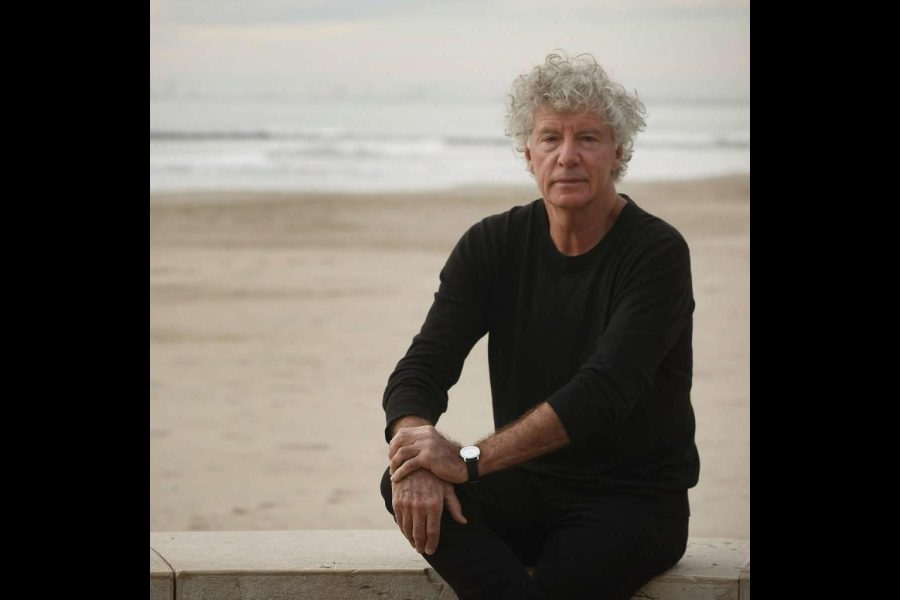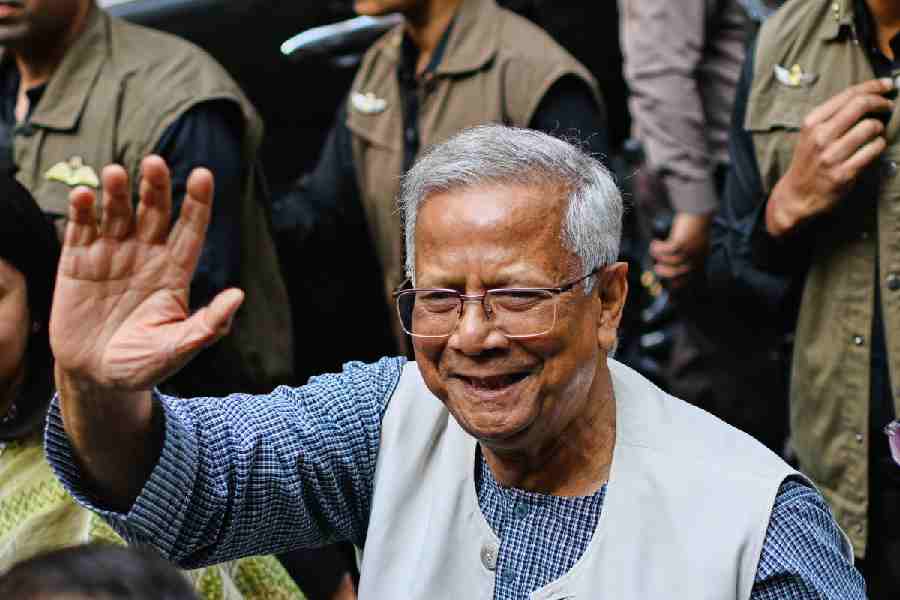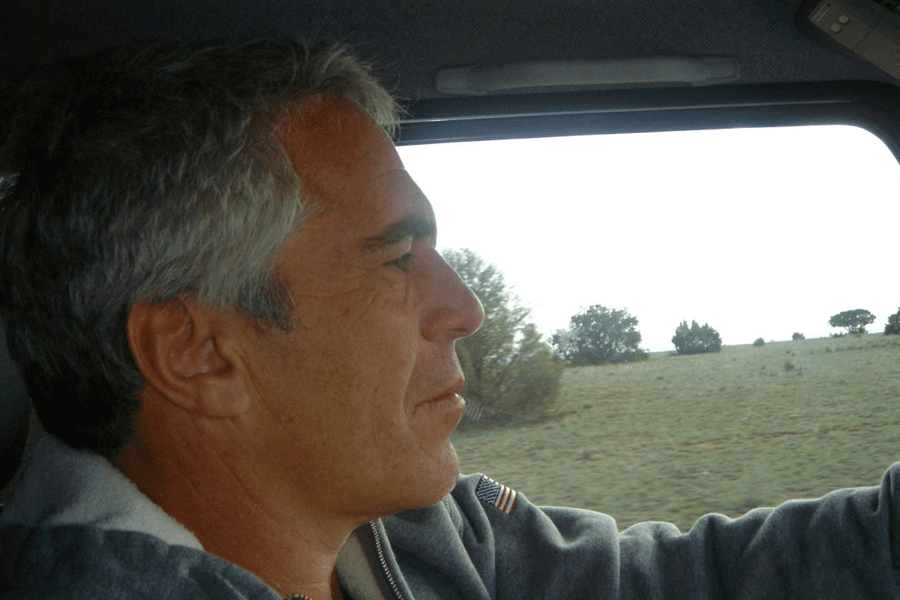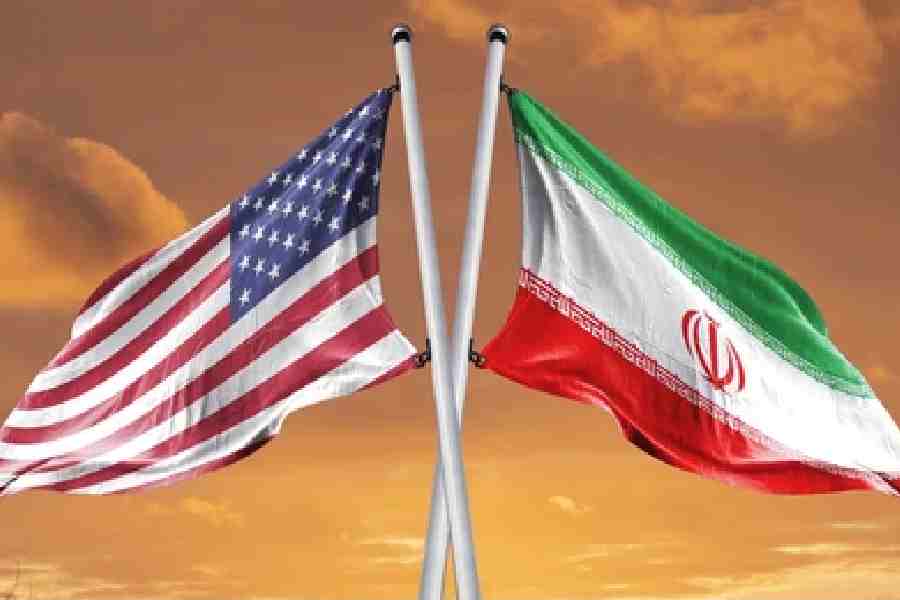Many of my friends tell me that they have forgotten what peaceful sleep is. Constantly worried about the shape of things to come, they point to the collapse of international regulators, wars of retribution and nonchalant killing of innocent civilians, heads of State making insane decisions, the gagging of universities and the expulsion of students, devastating forest fires, massive floods and unpredictable temperatures, the deafening noise of social media, and intimidation and fear spreading everywhere. Some point to the fact that the world was very different just a century ago — in the 1920s — even as they reminisce about the October Revolution in Russia, the freedom struggle in India, increasing liberalism in England, and the spread of the idea of democracy outside Europe. They say: alas, now a century later, the harmony between nature and humans, peaceful coexistence among nations, and the idea of democracy seem to be rapidly vanishing.
Nostalgia is no aid to wisdom, but it can trigger fresh thinking. That democracy as a form of government is not doing well in most parts of the world is no longer news. The Economist’s recent Global Democracy Index indicates that just 6.6% of the world’s total population, residing in 25 out of the 165 countries assessed, enjoyed full democracy in 2024. The first GDI in 2006 had credited 28 countries covering 13% of the world population with “Full Democracies”. Ten years later, in 2016, it reported a sharp decline, with 19 countries and just about 4.5% of the world population falling in that category.
The Economist distributes its results based on some 60 parameters in four categories: “Full Democracies”, “Flawed Democracies”, “Hybrid Systems” and “Authoritarian Regimes”. Over the last two decades, much less than one-fifth of the world’s countries have been described as fully democratic. Now, of the first 10 “large economies” of the world, only three have clear democratic credentials. The 10 large economies, as in 2025, are: the United States of America, China, Germany, India, Japan, United Kingdom, France, Italy, Canada and Brazil. Of these, only three — Germany, Japan and Canada — are admitted in the Democracy Index’s “Full Democracies” category; six nations — the US, India, France, the UK, Italy and Brazil — are shown as “Flawed Democracies”, and China is marked as an “Authoritarian Regime”.
When one moves from economy to sociology, the picture is even more depressing. Among the 10 most populated countries, not even one shows the presence of ‘full democracy’ going by The Economist’s parameters. They include India, China, the US, Indonesia, Pakistan, Nigeria, Brazil, Bangladesh, Russia and Ethiopia. One can screen the list of nations in the world using various other considerations, such as freedom of expression, gender and race proportions in government bodies, access to information, constitutional conduct, fair delivery of justice and transparency in political funding, and come to the same conclusion. Like it or not, democracy as a form of government appears to be rapidly waning even if it has not entirely become an idea of the past. The democracy deficit existing in most countries hurts their citizens even more because of the vast income inequalities promoted by the regimes.
Despite the dilution of its content, the term, ‘democracy’, is still in circulation in the public discourse. A majority of the “Flawed Democracies” or “Hybrid Systems” still prefer to claim to being democracies. None of them, including the worst of the authoritarian regimes, likes to explicitly denounce the idea of democracy. Each spends huge parts of the public expenditure on propaganda internationally and within the country to promote the regime’s image as pro-people and democratic. Thus, although democracy may be on a rapid downward slope as a form of government, it still rules the political imagination of the world normatively as a publicly-acclaimed idea and as a catchword for drawing legitimacy for every shade of political dispensation. Besides, in many countries, there still are political parties that are trying to restore democracy; and almost everywhere, civil society organisations are struggling to reverse the tide of authoritarian regimes. For instance, in the last week of April, democratic parties from some 90 countries came together in Hyderabad to think of the way ahead. Very many times during the last 10 years, one has seen in many parts of the world massive outbursts of civil society protest against authoritarian regimes. Yet, there does not seem to be a consensus arising among pro-democracy civil society groups, parties and nations on how to safeguard the idea of democracy. There is thus much for us to learn from the past in that direction.
During the post-Fascism years in Europe, the philosopher, Benedetto Croce (1866-1952), proposed an evolutionary model of liberal thought. In his last book on ideology, Politics and Morals (1945), he depicted democracy as a dynamic and evolving system. Coming from someone who had suffered the Mussolini brand of fascism, the book has special relevance to our time. A recently-published overview of democracy by John Keane follows the Croce line of argument. Keane, an Australian political thinker, is as much invested in communication technology and climate emergency as Croce was in fascism. Keane’s The Shortest History of Democracy (2022) traces the emergence of “consultation” as a method of governance in prehistoric Syria, through its variants in Greek and Latin history, its modern forms since Locke and Rousseau, up to our own times. The narrative shows the ups and downs in the long trajectory of what Keane thinks was essentially ‘democracy’. He distributes it in three phases: one, the initial assembly democracy phase where consultations were face to face; two, the parliamentary democracy phase in which elected representatives become symbols for large groups; and three, monitory democracy, in which citizens participate in consultations at many levels, ranging from the local to the national. Not all political philosophers and historians will agree with Keane’s historiography. But he, like Croce, enables us to imagine a future form of democracy beyond its currently dilapidated form. That future form, as one of his earlier publications suggests, is Cosmocracy.
What, indeed, may Cosmocracy be and how different will it be from Democracy? Not Keane, but the Polish political philosopher, Henryk Skolimowski (1930-2018), argues that the fatally complete alienation of Homo sapiens from nature calls for resetting the structure of governments by bringing in legislations sensitive to all life forms, plants, animals, birds and fish. Keane adds that perhaps the part-machine part-mind Artificial Intelligence, too, deserves inclusion within the larger matrix of life. Thus, demos, which formed the foundation of democracy, may get replaced by cosmos that includes all forms and possibilities of existence.
The proponents of Cosmocracy are developing ideas of governments that will conjoin laws and life in all its forms. Will it ever materialise? The technologically-generated Metaverse has started getting welded with the universe as we have known it till now. It is difficult to predict if they will jointly give birth to Cosmocracy.
What is certain though is that authoritarianism cannot be the option for every flawed democracy. The only option is an evolved version of democracy, call it by whichever name. The thinking in that direction has begun.
G.N. Devy is a cultural activist










